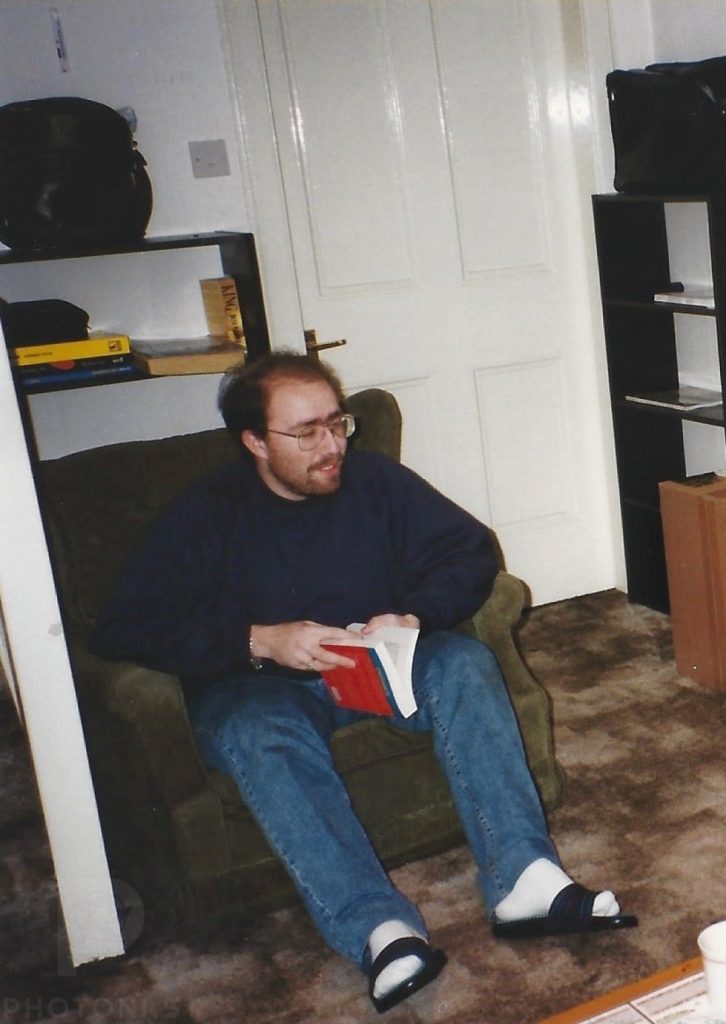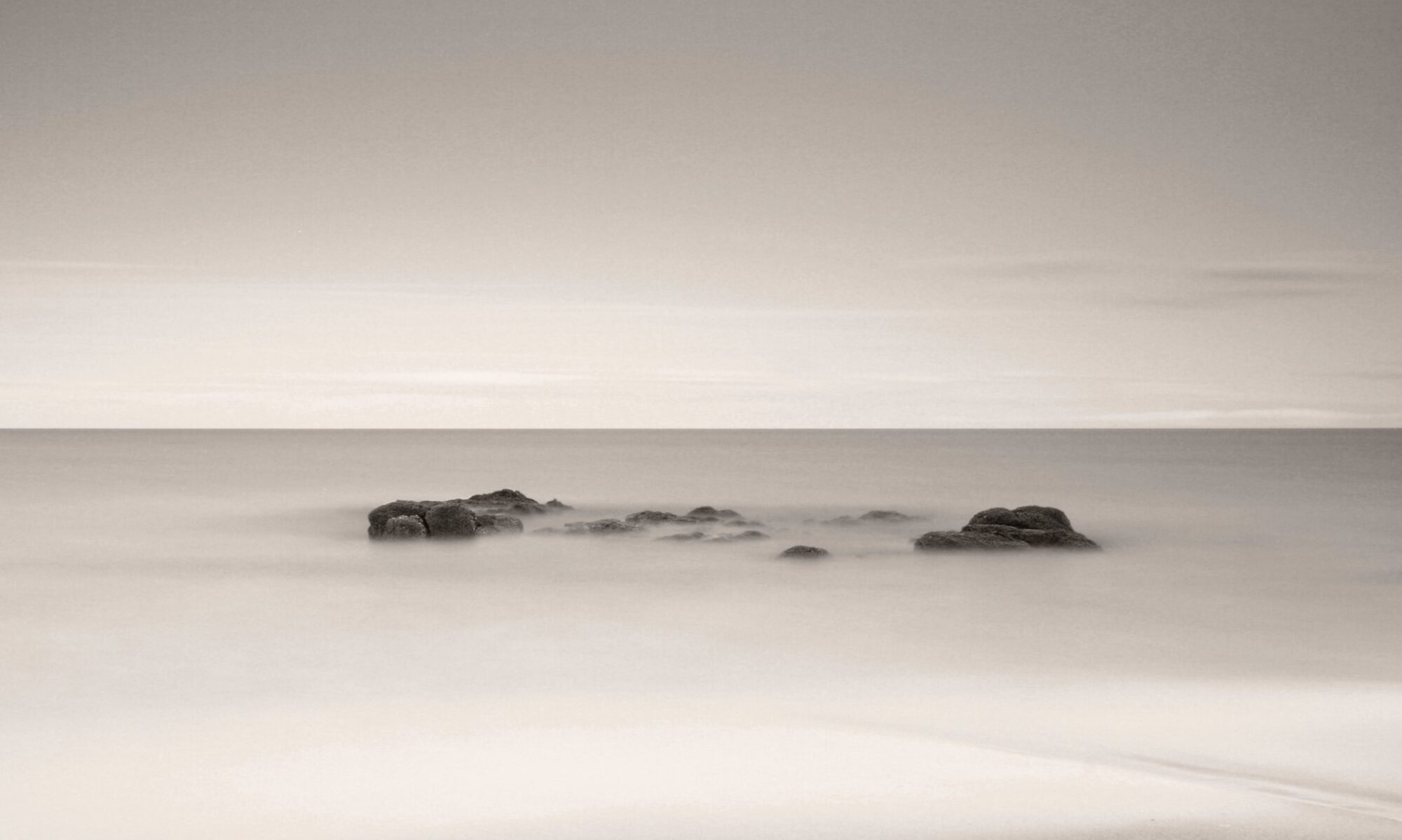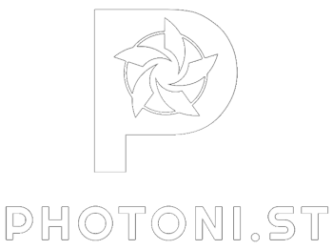I never followed trends. Still don’t. The branded trainers, the tribal colours, the group signalling that consumed my schoolmates meant nothing to me (still doesn’t, I don’t wear brands). While they sorted themselves into neat categories of belonging, I couldn’t be bothered allocating brain resources to such nonsense. I cared that my parents bought me shoes, not which logo was on them. I wanted one decent friend to talk with, not membership in whatever faction was fashionable that term.

This indifference made me an oddity then. Most children crave belonging because it provides safety and identity roadmaps. It tells them who they are and where they’re headed. I didn’t need such guidance for some reason, and instead figured my way by being curious about the world around me.
To give you an idea of how irrelevant I was, I spent the last 2 years of high school wearing a suit every day at school with a beard, constantly being mistaken for a teacher. That’s how removed I was from my peers’ fashion and direction.
But here’s what strikes me now, surveying the digital landscape with middle-aged eyes: everything has collapsed into everything else. Fashion trends survive mere days, cannibalising the 80s, 90s, 2000s, and 2010s simultaneously without coherent direction. Children consume content in seconds because two minutes exceeds their attention span, mashing references across decades with no sense of chronology or context.
It’s as though today’s generation lacks any concept of history.
Photography exhibits the same temporal chaos. Film photography thrives more robustly than it did a decade ago. DSLRs persist despite discontinued production lines (guilty as charged, I never joined the mirrorless wave). Mirrorless dominates current conversations but without the totalitarian grip of previous technological shifts. Even compact digital cameras, those supposed corpses from the 2010s, have resurrection stories as “digicams.”
This leaves young photographers somewhat adrift. They’re bombarded with personal branding imperatives because their generation treats everything as monetisable side projects, yet no clear tribal markers exist to define their brand positioning. The traditional signposts have vanished.
But this confusion creates unprecedented opportunity. Without established directions to rebel against or conform to, any photographic pursuit feels legitimate. Want to explore digicams for their constrained aesthetic and retro appeal? Normal. Others will copy you. Fancy large format film work? Nobody calls you irrelevant. They get curious instead. Collage from photographs? Art derived from images? All perfectly acceptable paths.
Information barriers that once protected gatekeepers have also crumbled. I spent months in the late 80s hunting through libraries and bookshops for a single piece of DOS interrupt documentation (that elusive undocumented function 20h of interrupt 21h; those who know will know). Today’s equivalent search requires minutes. Knowledge flows freely and instantly.
Combine accessible information with simplified processes and democratised costs, and nothing remains off-limits. We inhabit photography’s most liberated era. Film remains affordable for most (assuming you avoid large plates), good quality second-hand equipment costs very little, and the internet provides comprehensive technical guidance.
This is where irrelevance becomes advantageous. Free from trend-following compulsions, you can pursue genuine interests. In a world where trends barely exist long enough to matter, everyone enjoys greater choice freedom.
My childhood indifference to relevance, once a social liability, now has become the norm. The weirdo that I was as a kid who didn’t belong to any social group and didn’t seem to understand popular culture rules is now the middle of the road. The world has finally caught up to operating without clear directions.
Perhaps the real advantage isn’t being irrelevant, but being comfortable with irrelevance. When everything is temporarily irrelevant, nothing permanently matters. The most authentic response is pursuing what genuinely compels you, regardless of whether it aligns with this week’s aesthetic priorities.
After all, by the time you’ve decoded the current trend, three new ones have already replaced it.
#Photography #Opinion #IMayBeWrong #PhotographyTheory #Personal

